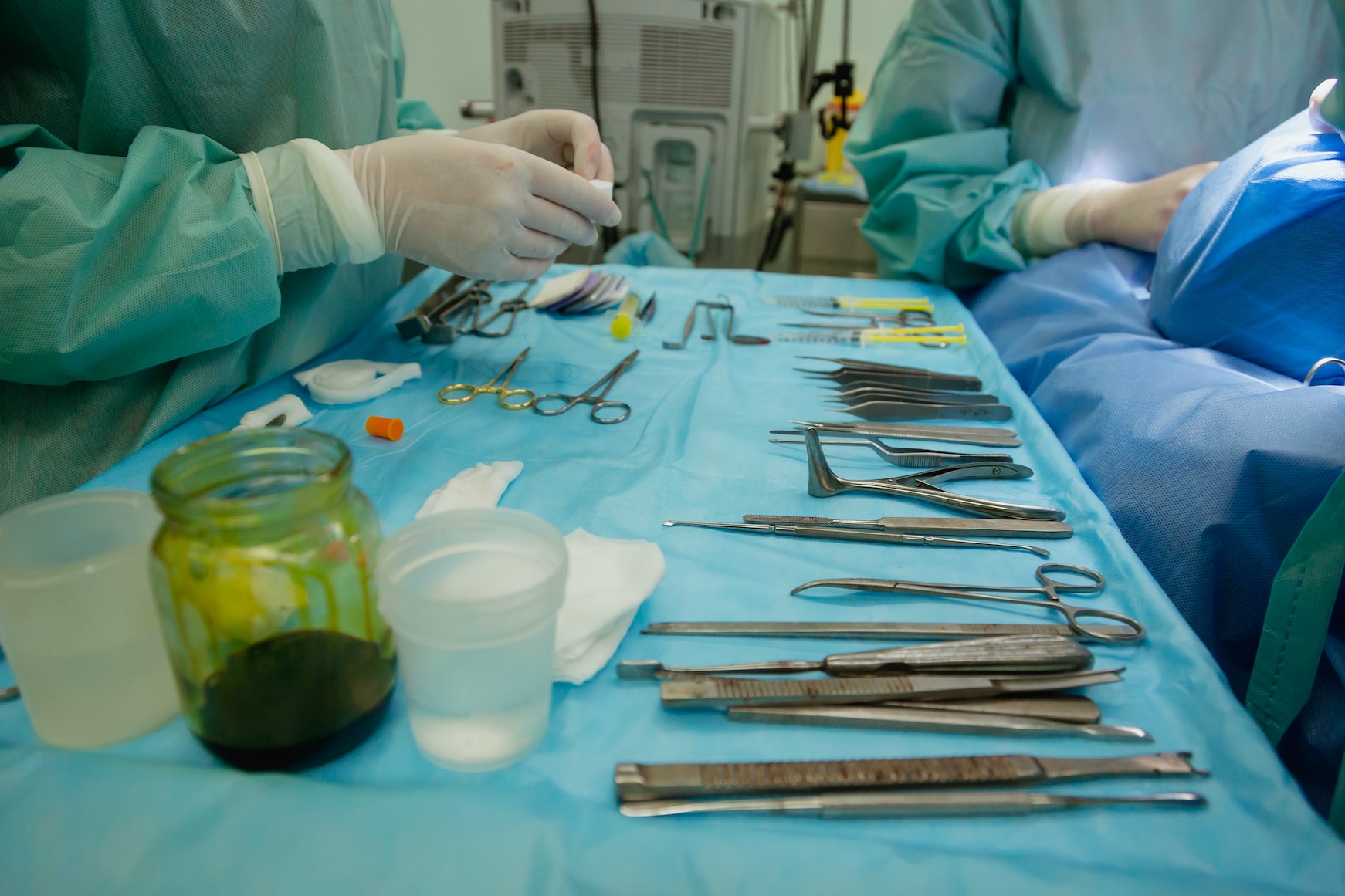
Varicose veins are a common condition that affects many people, especially women and older people. They are often unsightly and can cause discomfort, such as pain, itching, and swelling. While traditional treatments such as vein stripping surgery were once the only option, several minimally invasive procedures are now available. Two of the most popular are Endovenous Laser Ablation (EVLA) and Radiofrequency Ablation (RFA). In this article, we will take a closer look at these procedures, how they work, and their benefits.
What are Varicose Veins?
Varicose veins are enlarged, twisted, blue veins that typically appear in the legs and feet. They occur when the valves that regulate blood flow in the veins become weak or damaged, causing blood to flow backward and pool in the veins. Pooled blood can cause the veins to become swollen, twisted, and painful. A vein doctor can help you if you suffer from varicose veins. Contact a New Jersey vein doctor for more information about the treatments available for varicose veins.
Causes of Varicose Veins
Varicose veins can be caused by a variety of factors, including:
- Genetics
- Age
- Pregnancy
- Overweight or obesity
- Sedentary lifestyle
- Sex
Traditional Treatment Options
In the past, vein-stripping surgery was the most common treatment for varicose veins. This procedure involved surgery to remove the affected veins. However, surgery could have more severe risks, like:
- Require general anesthesia
- Larger skin incisions
- Infection
- Long recovery period
- Nerve damage
Minimally Invasive Procedures
Today, many several minimally invasive procedures are available. These procedures are much less invasive and need little to no downtime. Two of the most popular are:
- Endovenous Laser Ablation (EVLA)
- Radiofrequency Ablation (RFA)
Endovenous Laser Ablation (EVLA)
EVLA is a minimally invasive procedure that uses laser energy to seal off the affected veins. During the procedure, a tiny laser fiber is inserted into the vein. This laser heats the vein and causes it to collapse. The body then reabsorbs the vein over time, and blood flow is redirected to healthier veins.
Radiofrequency Ablation (RFA)
RFA is a similar procedure that uses radiofrequency energy to seal off the affected veins. During the procedure, a small catheter is inserted into the vein. The catheter emits radiofrequency energy that heats and collapses the vein. The body eventually reabsorbs the vein, and blood flow is rerouted to healthier veins.
Benefits of Minimally Invasive Procedures
There are several benefits to minimally invasive procedures such as EVLA and RFA. These include:
- Shorter recovery time
- Less pain and discomfort
- Fewer complications
- Minimal scarring
- Higher success rates
EVLA and RFA procedures
In this section, you will find general information about what to expect from EVLA and RFA procedures.
How to Prepare for the Procedures
Before undergoing either EVLA or RFA, patients need to consult a vein doctor to ensure they are a good candidate for the procedure. The examination may include an ultrasound to assess the veins and blood flow. Before the procedure, patients must stop taking certain medications, such as blood thinners.
What to Expect During the Procedures
Both EVLA and RFA are typically performed on an outpatient basis. Patients will be given a local anesthetic to numb the area, and a small incision will be made to insert the laser fiber or catheter. Patients may feel mild discomfort during the procedure, but it is generally well-tolerated. These procedures take about an hour to complete.
Recovery and Aftercare
After either EVLA or RFA, patients can return home the same day. Also, patients can resume normal activities within a day or two. Patients may experience mild discomfort, bruising, and swelling in the treated area. However, these symptoms subside within a few days. After the procedure, patients may be advised to wear compression stockings and avoid strenuous activities for a short period.
Are Minimally Invasive Procedures Right for You?
If you are experiencing varicose veins, minimally invasive procedures such as EVLA and RFA may be a good choice. However, you need to discuss your options with qualified vein doctors. They can determine which treatment is the best for your needs.
Conclusion
Varicose veins are a common condition that can cause discomfort and embarrassment. The great news is that several minimally invasive procedures are now available, such as EVLA and RFA. These treatments are effective in treating varicose veins with minimal discomfort and downtime. If you are considering treatment options for varicose veins, talk to your doctor to know which procedure is proper for you.